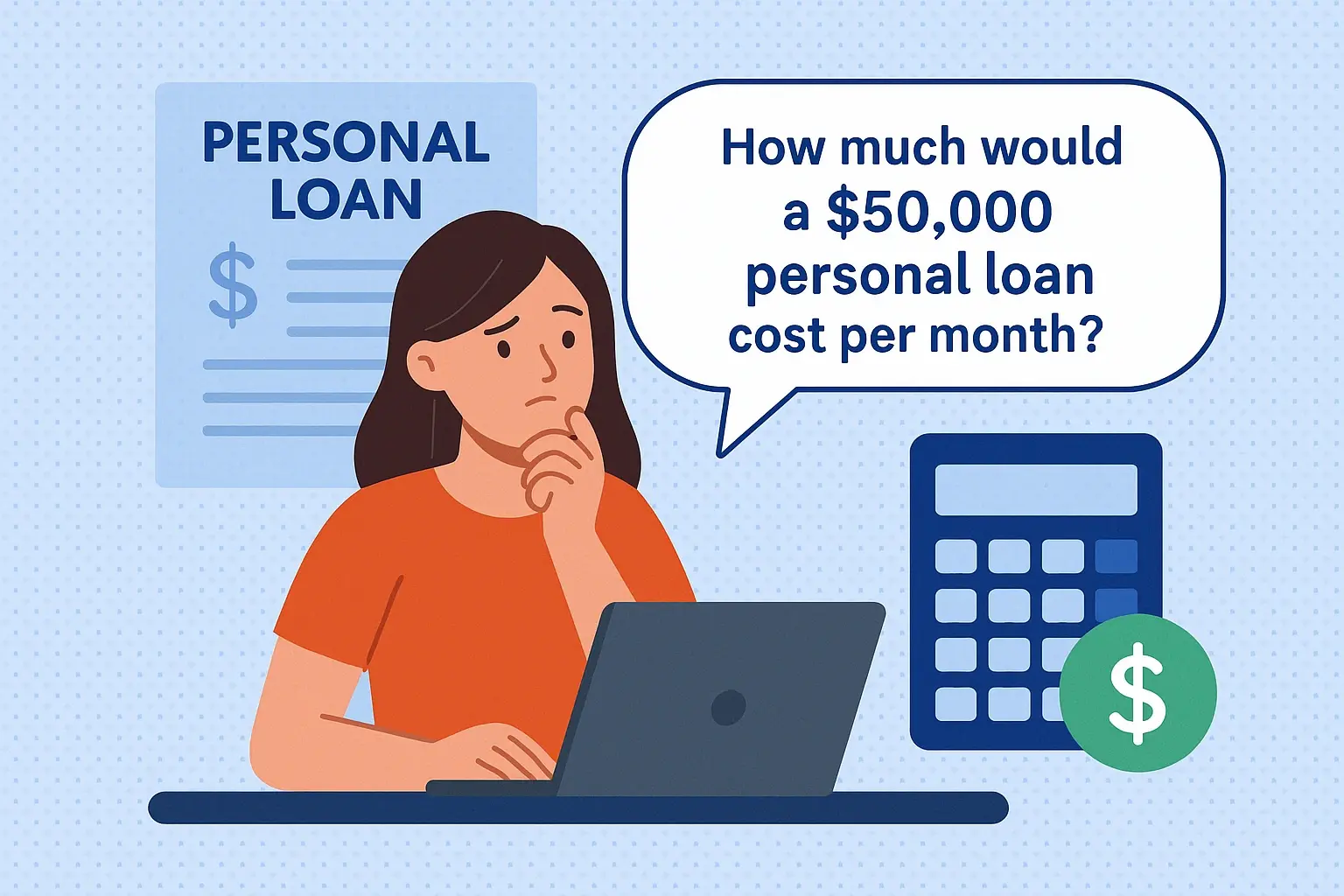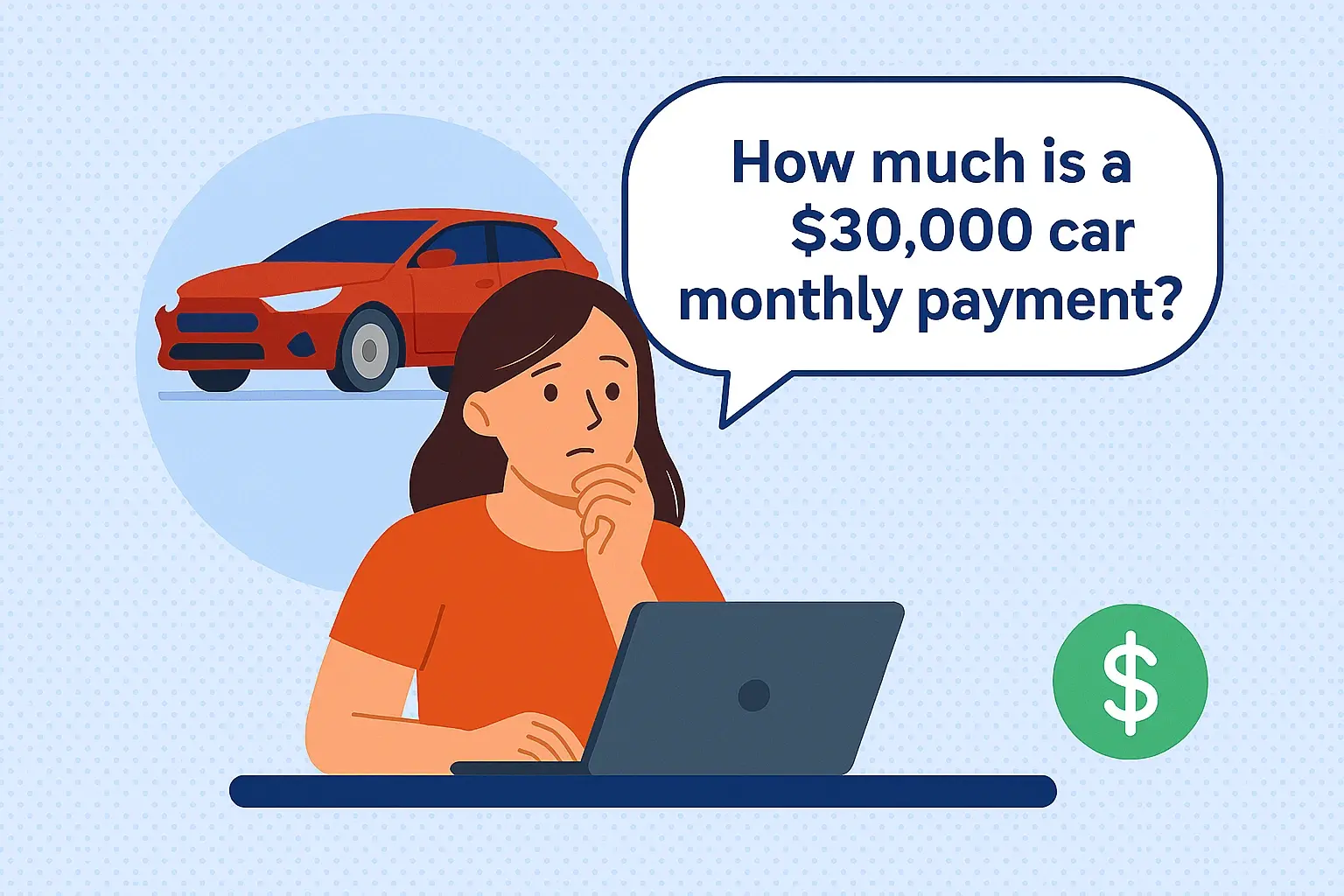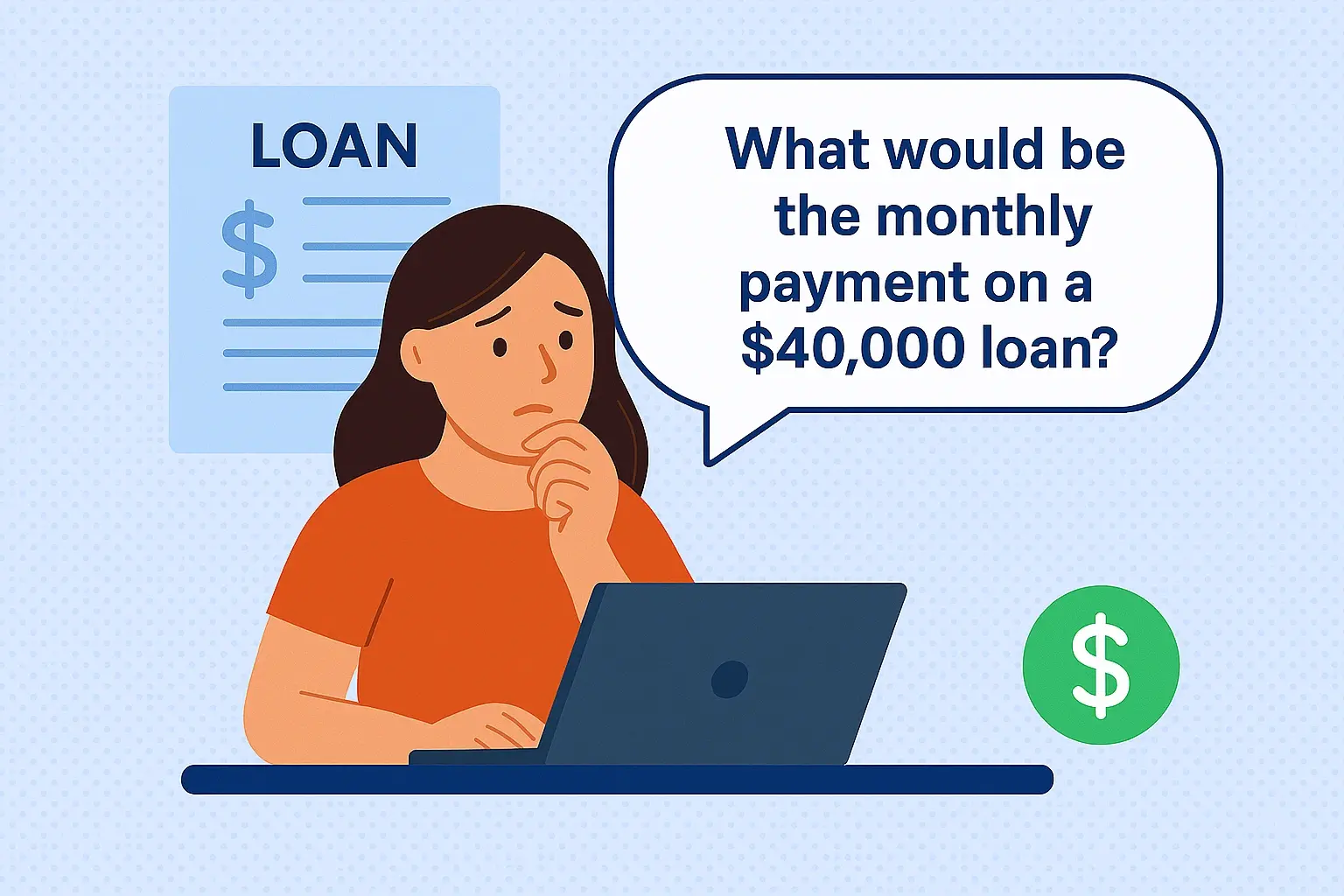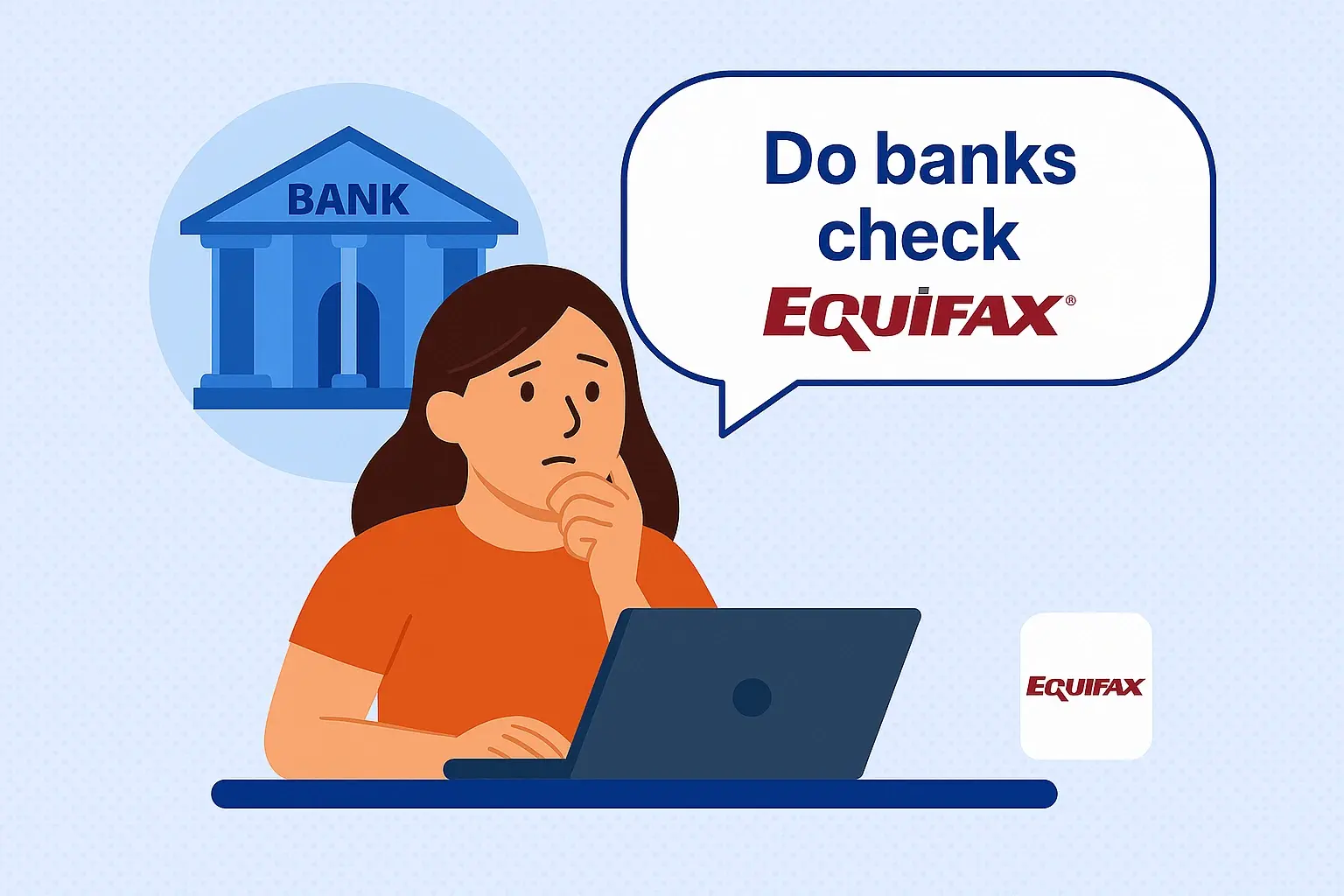-
Posted on: 22 Jul 2024

-
Facing late payment fees can be frustrating, especially when you're already struggling financially. While it's not always guaranteed, asking for late payment forgiveness is a viable option that could save you money and protect your credit score. This comprehensive guide provides step-by-step instructions, tips, and examples to help you craft a compelling forgiveness request.
Understanding Late Payment Fees and Their Impact
Before diving into the process of asking for forgiveness, it's crucial to understand why late payment fees exist and how they affect your financial well-being.
Why are Late Payment Fees Charged?
Late payment fees are implemented by lenders and service providers as a penalty for failing to make payments by the due date. They serve multiple purposes:
- Compensation for Costs: Late payments can disrupt a lender's cash flow and create administrative burdens. Fees help offset these costs.
- Incentive for Timely Payments: Fees act as a deterrent, encouraging borrowers to prioritize and make timely payments.
- Risk Mitigation: Late payments are an indicator of increased risk of default. Fees are a way to mitigate potential losses.
The Impact on Your Credit Score
Perhaps the most significant consequence of late payments is their negative impact on your credit score. Payment history is a crucial factor in credit score calculations, accounting for approximately 35% of your FICO score. A single late payment can lower your score, making it harder to qualify for loans, credit cards, and even rent an apartment. The impact is amplified with multiple late payments and the severity increases the longer the payment is overdue (e.g., 30 days, 60 days, 90 days late).
When to Ask for Late Payment Forgiveness
While you can always ask, your chances of success increase significantly if you have a valid reason for the late payment. Here are some situations where forgiveness is more likely:
- First-Time Offense: Many lenders are more lenient if it's your first late payment with them.
- Good Payment History: If you've consistently made on-time payments in the past, your history of good behavior can work in your favor.
- Financial Hardship: Job loss, medical expenses, or other unforeseen circumstances can make it difficult to meet financial obligations.
- Clerical Error: If the late payment resulted from a bank error or a mistake on the lender's part, you have a strong case for forgiveness.
- Natural Disaster or Emergency: Events like hurricanes, floods, or family emergencies can disrupt your ability to manage finances.
However, note that simply forgetting to pay is unlikely to be considered a valid reason for forgiveness.
How to Ask for Late Payment Forgiveness: A Step-by-Step Guide
The key to a successful forgiveness request is to be proactive, polite, and persuasive. Here's a detailed guide to help you craft a compelling request:
Step 1: Contact the Lender/Creditor
Don't wait for the late fee to appear on your statement. Contact the lender as soon as you realize you've missed a payment. You can call their customer service line or send an email. Early communication demonstrates your willingness to resolve the issue.
When you call, be prepared to provide your account information and explain the reason for the late payment. Be honest and transparent. If you had a legitimate reason, explain it calmly and respectfully. If you simply forgot, acknowledge your mistake and express your sincere apologies.
Step 2: Write a Formal Forgiveness Request Letter
Following up with a formal letter is highly recommended, even if you've already spoken with someone on the phone. A written request provides a documented record of your communication and allows you to present your case in a clear and organized manner. Here's a template you can adapt:
Late Payment Forgiveness Request Letter Template
[Your Name] [Your Address] [Your Phone Number] [Your Email Address] [Date] [Lender/Creditor Name] [Lender/Creditor Address] Subject: Request for Late Payment Forgiveness - Account Number: [Your Account Number] Dear [Name of Contact Person, if known, or To Whom It May Concern], I am writing to request forgiveness for a late payment on my account, [Your Account Number], which was due on [Due Date]. The payment was received on [Date Payment Was Made], [Number] days late. I understand that late payments can incur fees and negatively impact my credit score. I sincerely apologize for any inconvenience this may have caused. [Choose ONE of the following paragraphs based on your situation. Be honest!] [Option 1: First-Time Offense and Good Payment History] This is the first time I have been late on a payment for this account. I have been a customer in good standing for [Number] years and have consistently made on-time payments. I value my relationship with [Lender/Creditor Name] and strive to maintain a positive payment history. [Option 2: Financial Hardship] Unfortunately, I recently experienced [Briefly explain the financial hardship, e.g., job loss, unexpected medical expenses]. This situation made it difficult for me to meet all of my financial obligations, including this payment. I have now [Explain how you've addressed the hardship, e.g., found a new job, secured a payment plan with medical providers]. [Option 3: Clerical Error] I believe the late payment may have resulted from [Explain the clerical error, e.g., bank error, automatic payment malfunction]. I have [Explain steps taken to prevent recurrence, e.g., contacted my bank, updated my automatic payment settings]. [Option 4: Emergency/Natural Disaster] Due to [Describe the emergency or natural disaster], I was unable to make the payment on time. [Explain how the event impacted your ability to pay]. I can provide documentation if needed. [Continue with the following paragraphs] I am committed to making timely payments in the future. I would greatly appreciate it if you would consider waiving the late payment fee and not reporting this late payment to the credit bureaus. Thank you for your time and consideration. I look forward to your positive response. Sincerely, [Your Signature] [Your Typed Name]Key elements of the letter:
- Professional Tone: Maintain a respectful and courteous tone throughout the letter.
- Specific Details: Provide your account number, due date, and the date the payment was made.
- Clear Explanation: Concisely explain the reason for the late payment.
- Accept Responsibility: Acknowledge the mistake and express your sincere apology.
- Highlight Positive History: Emphasize your good payment history and your commitment to future timely payments.
- Specific Request: Clearly state that you are requesting a waiver of the late payment fee and that the late payment not be reported to credit bureaus (or be removed if it already has been).
- Proofread Carefully: Ensure your letter is free of grammatical errors and typos.
Step 3: Send the Letter and Follow Up
Send your letter via certified mail with return receipt requested. This provides proof that the lender received your request. Keep a copy of the letter for your records.
If you don't receive a response within a reasonable timeframe (e.g., two weeks), follow up with a phone call. Politely inquire about the status of your request. Be prepared to reiterate your reasons for forgiveness.
Step 4: Negotiate and Be Prepared for Rejection
The lender may not grant your request in full. Be prepared to negotiate. They might be willing to waive part of the fee or offer a payment plan. Consider offering to set up automatic payments to demonstrate your commitment to future on-time payments.
Understand that your request may be denied, even with a compelling reason. Don't take it personally. Maintain a professional attitude and thank them for their time and consideration.
Strategies to Improve Your Chances of Success
While there's no guarantee of forgiveness, these strategies can increase your odds:
- Act Quickly: The sooner you contact the lender, the better.
- Be Honest: Honesty is crucial. Don't fabricate a reason for the late payment.
- Demonstrate Responsibility: Show that you've taken steps to prevent future late payments (e.g., setting up automatic payments, improving budgeting).
- Escalate if Necessary: If you're not satisfied with the initial response, ask to speak with a supervisor or manager.
- Document Everything: Keep records of all communication, including dates, times, names of people you spoke with, and copies of any correspondence.
- Check Your Credit Report: Regularly monitor your credit report for errors. If a late payment is reported in error, dispute it with the credit bureaus.
Alternatives to Asking for Forgiveness
If your request for forgiveness is denied, or if you're unsure if you'll be successful, consider these alternatives:
- Debt Management Plan (DMP): A DMP is a structured repayment plan offered through a credit counseling agency. It can help you consolidate your debts and negotiate lower interest rates and fees.
- Balance Transfer: If you have high-interest credit card debt, consider transferring the balance to a card with a lower interest rate.
- Debt Consolidation Loan: A debt consolidation loan allows you to combine multiple debts into a single loan with a fixed interest rate.
- Negotiate a Payment Plan: Work with the lender to create a manageable payment plan.
Preventing Late Payments in the Future
The best way to avoid late payment fees and protect your credit score is to prevent late payments from happening in the first place. Here are some helpful strategies:
- Set Up Automatic Payments: Automate your payments to ensure they're made on time, every time.
- Use Calendar Reminders: Set reminders on your phone or calendar to remind you of upcoming due dates.
- Create a Budget: Develop a budget to track your income and expenses.
- Prioritize Bills: Pay essential bills first to avoid late fees and potential service disruptions.
- Contact Lenders Proactively: If you anticipate difficulty making a payment, contact the lender in advance to discuss your options.










